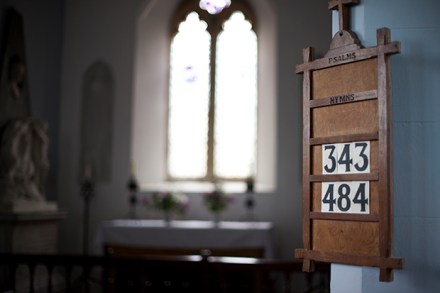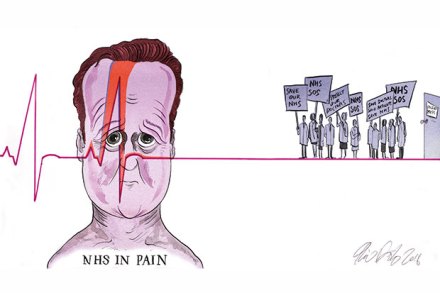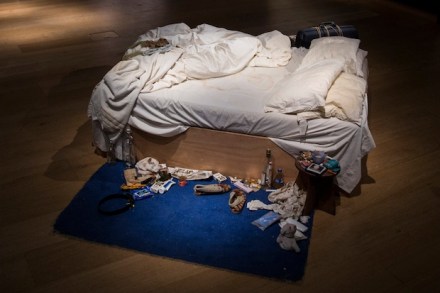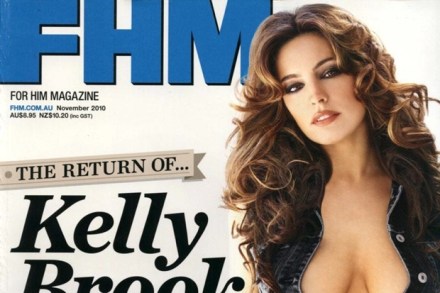Let’s talk about sex
At one time, Damien Hirst was fond of remarking that art should deal with the Gauguin questions. Namely, ‘Where do we come from? What are we? Where are we going?’ Hirst would sum up with a deft shift from post-impressionism to Michael Caine: ‘What’s it all about, Alfie?’ The new exhibition of work by the American artist Jeff Koons at Hirst’s Newport Street Gallery might raise the same query in a visitor’s mind. Among other sights, you are confronted by a number of brand-new vacuum cleaners, mounted over neon lighting tubes; soon afterwards by a shiny blue sculpture, six metres high, representing a monkey made out of twisted balloons. Then


















